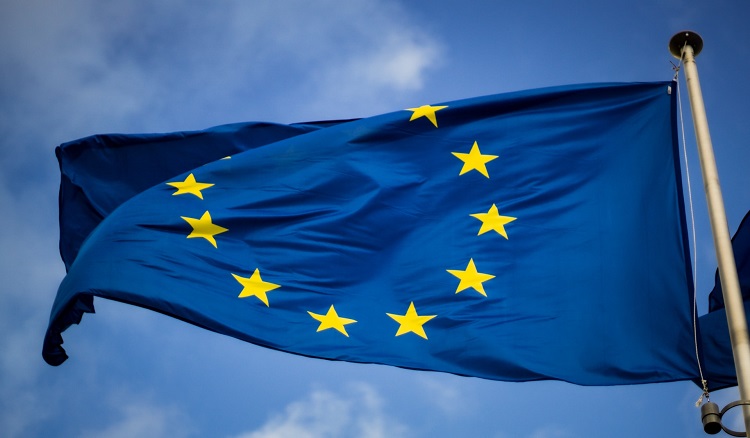In a statement by the European Data Protection Board (EDPB) on the agreement in the European Council on the e-Privacy Regulation, the European regulators emphasize that so-called 'cookie walls' should be explicitly banned, because without an alternative without tracking cookies, consumers cannot make a free choice. The EDPB also believes that the exception to the consent requirement regarding the use of 'audience measurement' has been drafted too broadly and advocates limiting it to 'low-level analytics' needed to analyze the operation of the service.

In a statement by the European Data Protection Board (EDPB) on the agreement in the European Council on the e-Privacy Regulation, the European regulators emphasize that so-called 'cookie walls' should be explicitly banned, because without an alternative without tracking cookies, consumers cannot make a free choice. The EDPB also believes that the exception to the consent requirement regarding the use of 'audience measurement' has been drafted too broadly and advocates limiting it to 'low-level analytics' needed to analyze the operation of the service.
The EDPB emphasizes that the processing of personal data should remain an exception and expresses concerns about Council additions that give it a broader interpretation. The EDPB also endorses the importance of end-to-end encryption in the modern digital world, which ensures a secure, free and reliable flow of data between citizens, businesses and governments, and is crucial to ensuring compliance with the security obligation of the AVG
Finally, as originally proposed by the European Commission, the EDPB advocates appointing the same regulator for the e-Privacy Regulation as for the AVG, with the aim of avoiding inconsistent application. In the Netherlands, this would mean that the Autoriteit Persoonsgegevens, rather than the Autoriteit Consument & Markt, should take on this task.
Read the (English) statement here.

